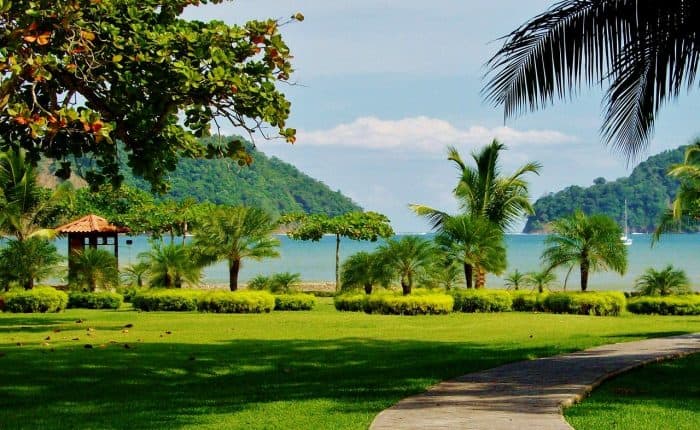Common Mistakes You Can Avoid When Purchasing Costa Rica Real Estate in a Corporation
When buying Costa Rican property in a corporation, there are a number of common mistakes that can be made, especially if you don’t have the proper real estate or legal advice. When a corporation in Costa Rica owns a property, it is called an SA, or Sociedad Anomina. One of the more popular, though dated, reasons for owning a Costa Rican property in a corporation was because of the liability.
With a Sociedad Anomina property, the ownership is dependent on who owns the shares of the corporation. The ownership would only be visible in the Shareholder’s book, which was not public information. Thus, for many years, it was very easy to hide money and assets overseas using a Sociedad Anomina property owned by a Costa Rican corporation, and not mentioning it to the IRS. However, anti-money-laundering laws and FATCA make hiding your money in an SA almost impossible now.
As always, it’s best to consult an attorney on legal matters concerning purchasing property in Costa Rica. Here is a list of commonly-made mistakes to avoid:
• Do not use the seller’s real estate attorney or share an attorney during the closing. You are likely to wind up paying more in closing costs. Always hire someone who works only for you.
• If you are using an SA to purchase property in Costa Rica, do not use that SA for anything else. Do not try to start a business using your SA.
• Do not register vehicles with the same SA.
• Don’t register any employees, such as maids or gardeners, with the SA that owns your property.
• Endorse your shares on the back. This way, if you should pass away, your partner will not have to go through a lengthy legal process to claim your share ownership.
• Always protect your SA and share paperwork in a safe or a safety deposit box.
• Make a legal will and testament in Costa Rica, leaving your shares and SA to your spouse. Your will in the United States will not be considered valid in a Costa Rican court.
• When purchasing a pre-exisiting Sociedad Anomina, be certain to make the old board of directors resign, and that you become the SA’s shareholder. You also must have power of attorney.
• Assure your attorney that you will get proof after closing that the property has been registered in your SA’s name. You will also need an up to date “personería juridica” proving that the change in the board members has been registered with the Costa Rican National Registry.
• When purchasing an existing SA, the deed will not show the amount you purchased the SA for. Since banks will need some kind of price documentation, be sure to sign an option to purchase -sale agreement.
Many realtors will advise you against purchasing an existing SA, since Costa Rica has no debt registry and it’s almost impossible to find out if the corporation is in debt until after you’ve purchased it. Make sure to use a trusted Costa Rican real estate agent who can give you the right legal advice, as well as make sure you are purchasing and clean and clear title.
Savy buyers will listen to the advice of their Costa Rica real estate agent. A good agent will advise you to have your attorney create a new SA, so at the closing you can transfer the title to your new corporation. This does create a much higher closing cost.
For more information on purchasing Costa Rica real estate in a corporation, please send us a email using our easy Contact Us form.
Like Our Articles?
Then make sure to check out our Bookstore... we have titles packed full of premium offshore intel. Instant Download - Print off for your private library before the government demands we take these down!






